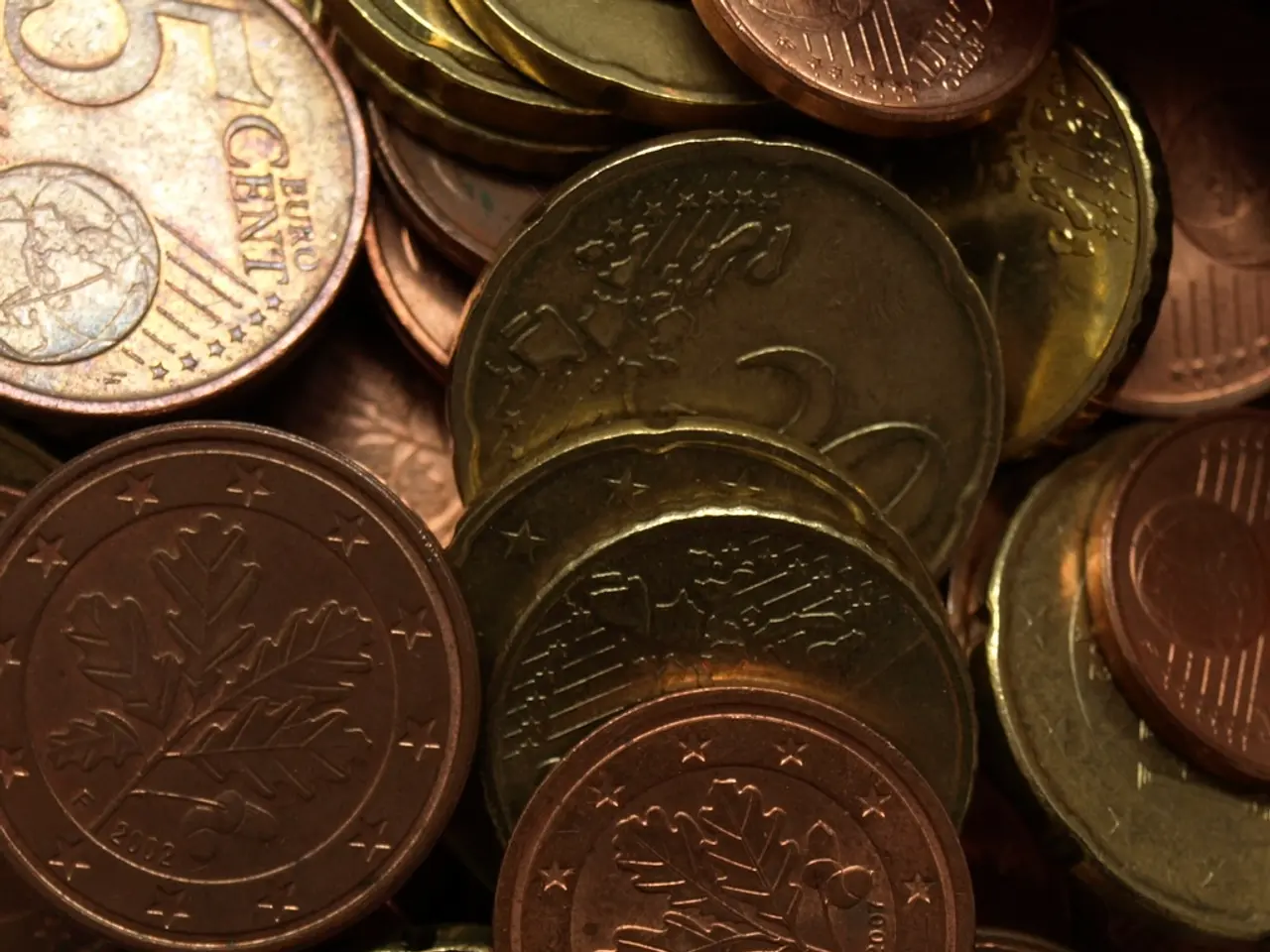Wilson Discusses Crypto Fraud Schemes in Relation to Exchange Transactions
In the exciting world of travel, it's essential to be aware of potential dangers that may lurk, especially when it comes to currency exchange. Scams targeting tourists are relatively common in popular travel destinations worldwide, particularly in regions with high scam prevalence like Southeast Asia.
For instance, in the Philippines, money changers in Manila, Angeles City, Boracay, and other tourist hotspots may engage in scams by giving smaller bills, using faulty calculators, or charging extra commission fees. In Bangkok and other major Southeast Asian cities, fraud incidents related to travel-bookings and tourist services, including currency exchanges, are more prevalent.
To avoid these risks, here are some preventive precautions when changing currency:
- Use only trusted, regulated financial institutions such as banks, certified forex money changers, or ATMs instead of street vendors or unregulated agents.
- Check exchange rates in advance using trusted online platforms like Google Finance, XE, or Bloomberg to recognize suspiciously high or low offers.
- Count and verify the received notes carefully for correct amount and authenticity, learning the security marks and features of the local currency before traveling.
- Demand a receipt for every currency exchange transaction to have proof in case of disputes.
- Be cautious with online currency exchanges and verify the legitimacy of providers if using internet-based forex services.
In addition, it's important to be aware that a familiar method in one location may not be safe in another. For example, in Paris, exchange rate scams are common at legitimate bureau de change in airports and tourist hotspots. In Prague, con artists may wait for travelers to withdraw large denomination notes and offer to break the bill into smaller notes, often providing expired Belarusian bills.
Being unfamiliar with a city or country can make individuals easy prey for scams, so care must be taken in any cash transaction on foreign soil. It's always advisable to rely on trusted local contacts who are familiar with the area and can help navigate potential scams.
In some cases, going off-reservation (using unofficial methods) requires a lot of trust and an unknown degree of risk. For instance, in Ho Chi Minh City, it's possible to change money in a local apartment, but this method involves handing over cash for a period of time before receiving new bills, which can be risky due to the potential for fraud or theft.
In each situation where a trusted local contact is used, there is a risk of being scammed or ripped off with counterfeit cash. Scammers in Prague use the fact that tourists are checking posted exchange rates as a sign they are worth targeting.
In the UK, individuals may be approached in banks with offers to exchange currency directly, which can be a scam. Signs warning people not to exchange money on the street can be found in many cities, but human beings are often still victims of scams.
However, not all is doom and gloom. In Macau, casinos change money easily and offer better rates than one would find at home. In Tokyo, it's possible to get the best exchange rates with the help of a local friend navigating Japanese rules and paperwork. The risk of theft is lower in Tokyo due to clear signs of legitimacy in businesses and procedures.
In essence, being vigilant and well-informed is the key to avoiding currency exchange scams while traveling. By using reputable channels, staying informed, and carefully verifying physical money received, tourists can minimize their risk and enjoy their travels worry-free.
- When venturing into casino businesses in Macau, one may find better exchange rates compared to their home country.
- Despite the risk of currency exchange scams in Europe, such as Paris and Prague, relying on local contacts can provide valuable guidance and help navigate potential scams.
- In the industry of travel blogging, it's important to document warnings about currency exchange scams in destinations like Southeast Asia and Europe to inform future travelers.
- In addition to being cautious with currency exchanges, it's essential to be aware of scams in the banking and insurance sector, such as those related to travel-bookings and tourist services, when traveling abroad.




